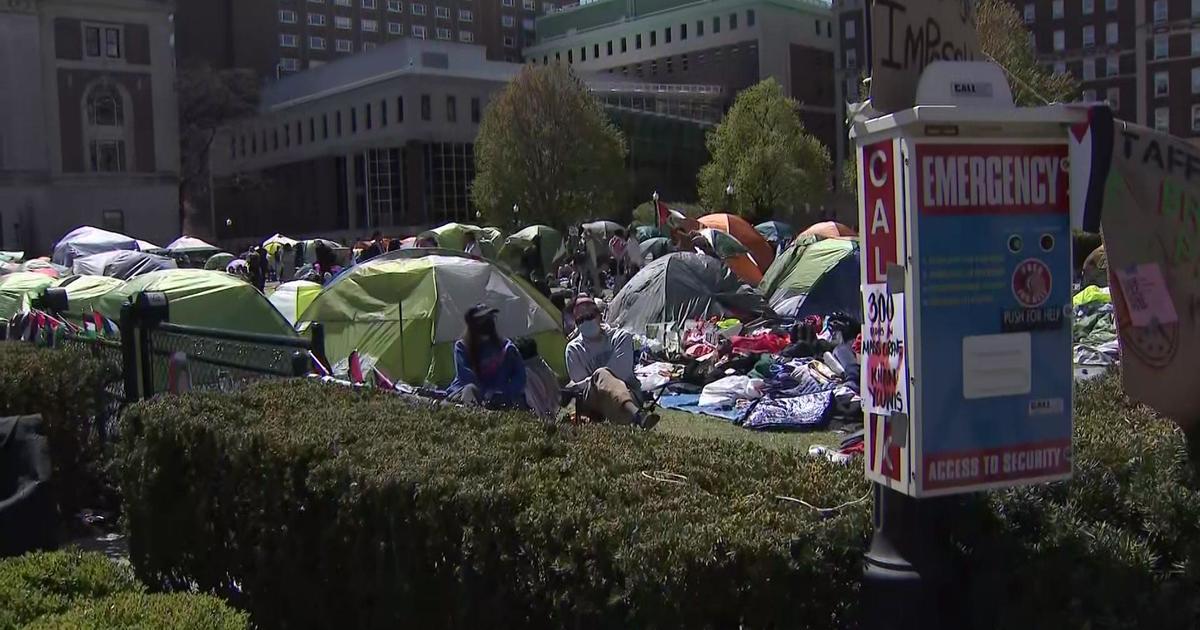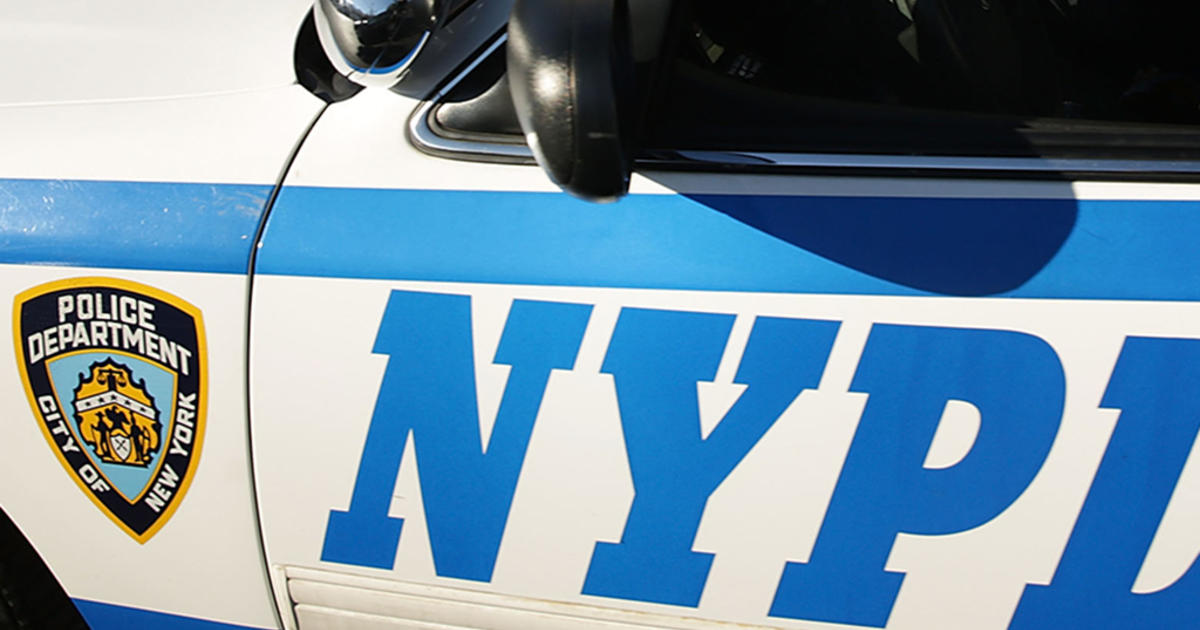Brooklyn Jury Finds Arab Bank Liable In Terror Attacks
NEW YORK (CBSNewYork/AP) -- A U.S. jury found on Monday that a large Jordan-based bank should be held responsible for a wave of suicide bombings in the early 2000s that left several Americans dead or wounded.
Jurors reached the verdict in a terrorism financing lawsuit against Arab Bank after deliberating two days in at a civil trial in federal court in Brooklyn.
The high-stakes legal offshoot of the Israeli-Palestinian conflict had pitted American victims of terror attacks in Israel in the early 2000s against an international bank with several branches in Gaza and the West Bank. The victims sued in 2004, accusing the bank of knowingly helping Hamas fund a "death and dismemberment benefit plan" for martyrs from the occupied territories.
Brooklyn Jury Finds Arab Bank Liable In Terror Attacks
The civil case marked the first time a bank had faced a trial under the Anti-Terrorism Act, which allows victims of U.S.-designated foreign terrorist organizations to seek compensation. The U.S. State Department designated Hamas a terrorist group in 1997.
In more than a month of testimony, the jury heard Hamas experts and other plaintiff witnesses attempt to link extremists to Arab Bank accounts and detail how cash payments were funneled through the bank and into the hands of the families of suicide bombers. Evidence included bank records showing an electronic transfer naming Hamas founder Sheikh Ahmed Yassin and a list of people designated for $5,300 payments based on deaths from "martyr operations."
Arab Bank Chairman Sabih Al-Masri and other executives take the witness stand to deny the allegations. The defense sought to portray Al-Masri as a trusted banker whose own family had been victimized by terrorism and who opened branches in the Palestinian territories to help with rebuilding and humanitarian efforts -- not to back extremists.
"The Palestinians were suffering. Israeli people were killed. All these things were negative for society, for finding peace, jobs and the future," Al-Mari testified. "Business suffered. --- Suicide bombers destroyed the opportunity for peace.''
The defense also argued that people the plaintiffs identified as Hamas operatives who did business with the bank weren't on a terrorist watch lists compiled by authorities in the United States and other Western nations. The plaintiffs "are asking you to make your own list'' based on the word of their experts, attorney Shand Stephens told the jury in closing arguments.
"The bank relies on the government to tell them who the terrorists are and you wouldn't want it any other way,'' he said.
Plaintiff attorney Tab Turner argued that the identities of Hamas leaders were so well-known in the region, it was impossible to believe that Arab Bank executives' testimony that they didn't recognize them. Before trial, the bank had refused to turn over the account records to the plaintiffs, citing privacy regulations -- a decision that resulted in a court sanction instructing that the jury be allowed to infer that the withheld records could contain evidence damaging to the bank.
"What is it that the bank was so worried about they didn't want you to see it? They didn't want you to see who was giving who money and for what," Turner said.
Among those who testified in the trial was terrorism expert Evan Coleman, who told jurors that he studied 24 suicide bombing attacks for the case.
The testimony was intended to establish a link between the bombings of a bus and the Park Hotel in Israel and the bank accounts belonging to Hamas.
Coleman cited statements by Hamas on its official website claiming responsibility for the hotel bombing that injured 232 people.
He also called the bombing of the Park Hotel the gift of Sharon — Hama's answer to what he calls a terrorist government headed by Ariel Sharon, WCBS 880's Irene Cornell reported.
In other testimony, filmmaker Joshua Faudem told the jury about how his documentary that was supposed to be about a popular expatriate bar near the U.S. Embassy in Tel Aviv suddenly became about a terrorist attack there.
The blast killed two musicians and a bartender.
Faudem, who directed the film "Blues by the Beach," was able to identify the suicide bomber from a photo posted on a Hamas website as a man he had seen standing outside the bar 90 minutes before the bomber blew himself up.
You May Also Be Interested In These Stories
(TM and © Copyright 2014 CBS Radio Inc. and its relevant subsidiaries. CBS RADIO and EYE Logo TM and Copyright 2014 CBS Broadcasting Inc. Used under license. All Rights Reserved. This material may not be published, broadcast, rewritten, or redistributed. The Associated Press contributed to this report.)



